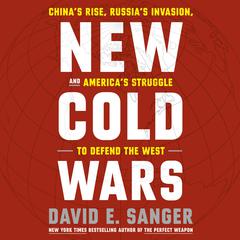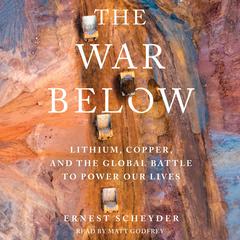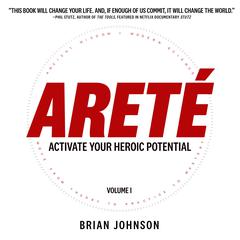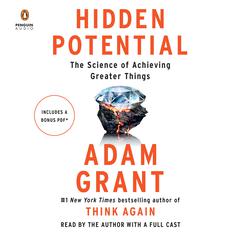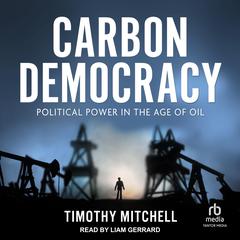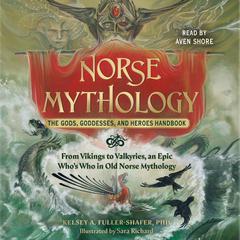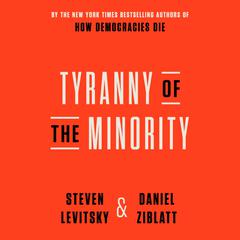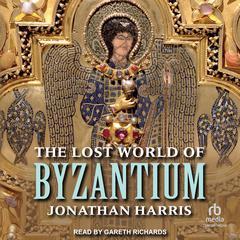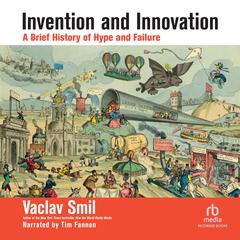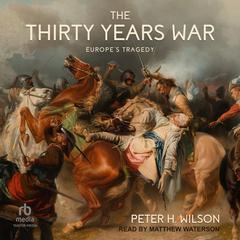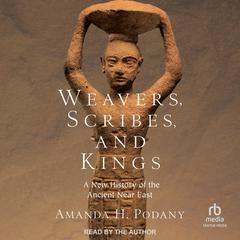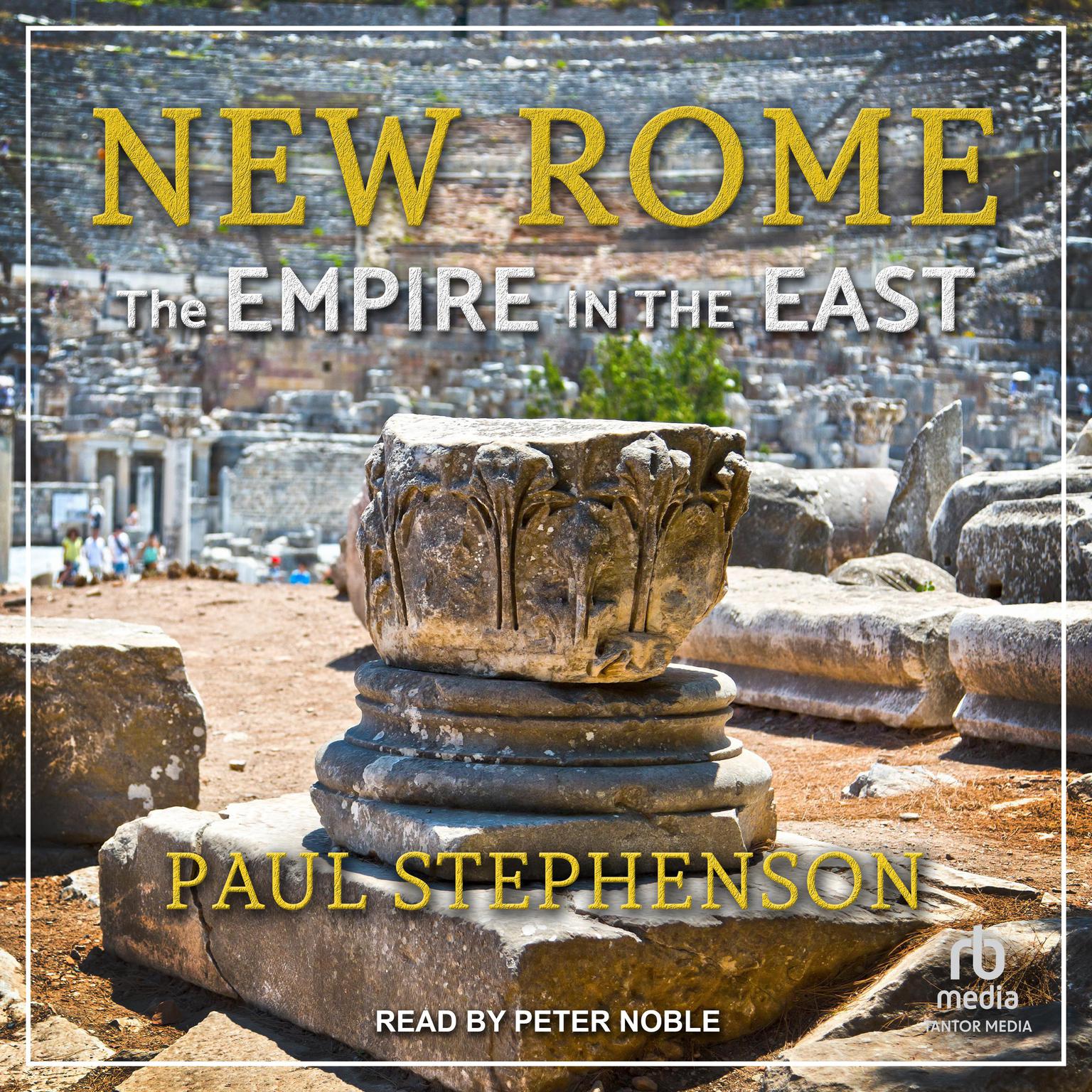 Play Audiobook Sample
Play Audiobook Sample
New Rome: The Empire in the East Audiobook
 Play Audiobook Sample
Play Audiobook Sample
Quick Stats About this Audiobook
Total Audiobook Chapters:
Longest Chapter Length:
Shortest Chapter Length:
Average Chapter Length:
Audiobooks by this Author:
Publisher Description
As modern empires rise and fall, ancient Rome becomes ever more significant. We yearn for Rome's power but fear Rome's ruin—will we turn out like the Romans, we wonder, or can we escape their fate? That question has obsessed centuries of historians and leaders, who have explored diverse political, religious, and economic forces to explain Roman decline.
In New Rome, Paul Stephenson looks beyond traditional texts and well-known artifacts to offer a novel, scientifically minded interpretation of antiquity's end. It turns out that the descent of Rome is inscribed not only in parchments but also in ice cores and DNA. During its final five centuries, the empire in the east survived devastation by natural disasters, the degradation of the human environment, and pathogens previously unknown to the empire's densely populated, unsanitary cities. However, Greco-Roman civilization, a world of interconnected cities that had shared a common material culture for a millennium, did not.
Politics, war, and religious strife drove the transformation of Eastern Rome, but they do not tell the whole story. Braiding the political history of the empire together with its urban, material, environmental, and epidemiological history, New Rome offers the most comprehensive explanation to date of the Eastern Empire's transformation into Byzantium.
Download and start listening now!
New Rome Listener Reviews
Be the first to write a review about this audiobook!
About Peter Noble
Peter Noble, an Earphones Award–winning narrator, grew up in South Africa and studied drama and music at the University of Cape Town. He has worked extensively as an actor, touring South Africa with a small repertory theater company, as well as working on radio, TV, and film.






